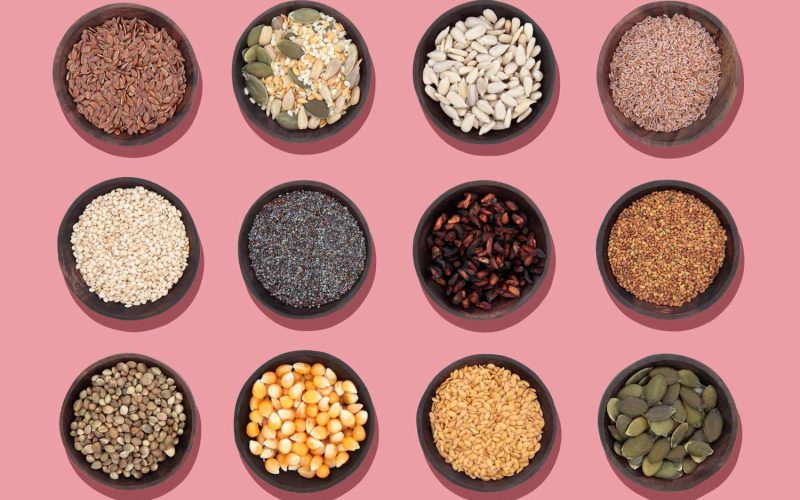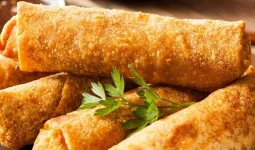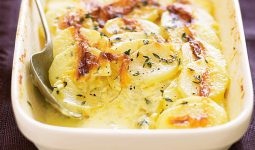A seed that is fit for human or animal eating is an edible seed. A wide range of plant species produces edible seeds, the majority being angiosperms, with a small number being gymnosperms.
Cereals are the most significant types of edible seeds crop by weight as a food source for the world, followed by legumes, nuts, and spices.
In addition to being crunchy and delicious, seeds have many health advantages.
They are also highly adaptable and may be used in savory and sweet meals. Therefore our blog will list the top types of edible seeds.
Continue reading to learn everything you need to know about using them, including why you should.
1. Flaxseeds
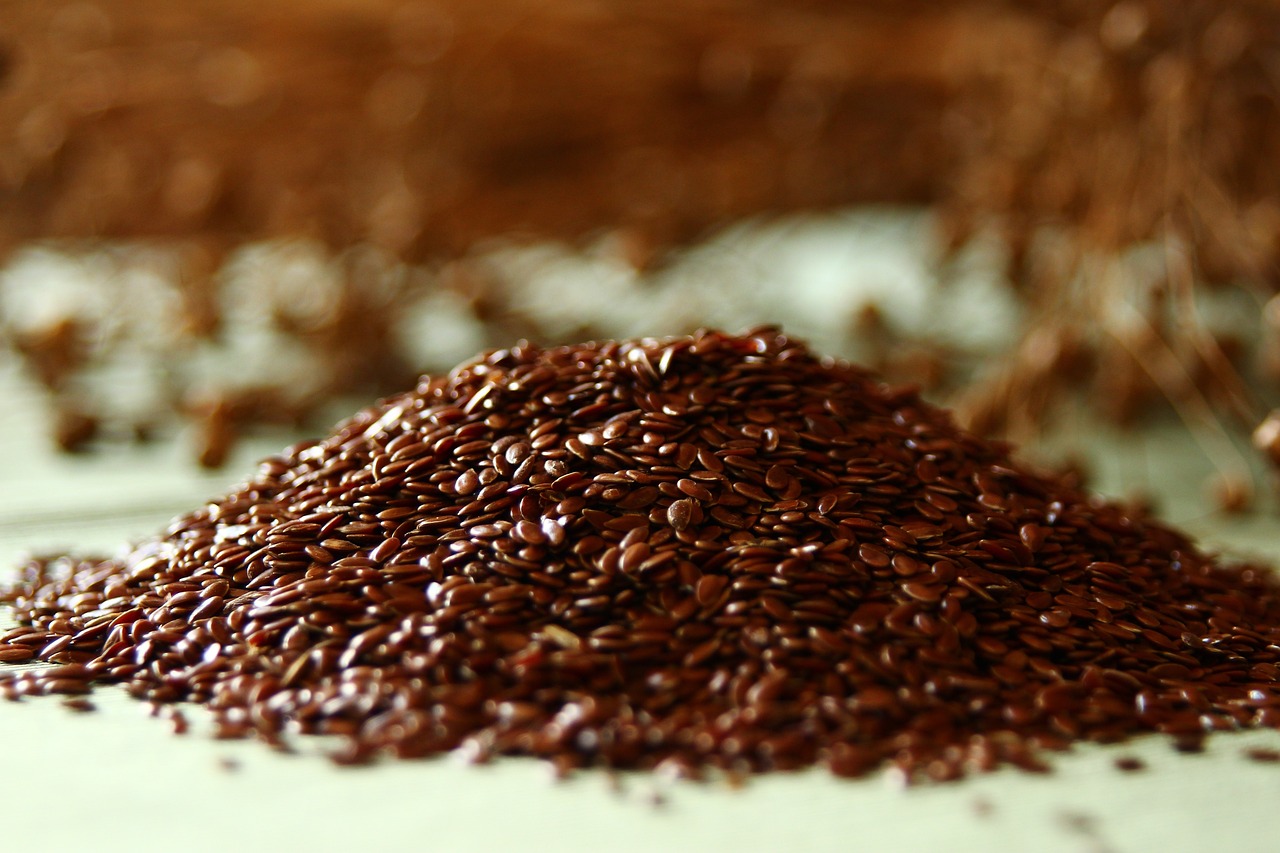
Flaxseeds are first on our list of types of edible seeds. These fiber-rich seeds are high in beneficial omega-3 fats and offer a significant quantity of protein (five grams per one-ounce serving) on top of that.
Thus, according to Wilson, flaxseeds can help you stay regular and make you feel satiated for longer.
Your risk of developing cancer and heart disease can decrease by including flaxseed in your diet.
However, the entire seed is challenging to ingest. Wilson suggests using ground flaxseed instead because it can be added to porridge, smoothies, and baked goods to improve their nutritious value.
Just make sure to store these types of edible seeds in the refrigerator or freezer to keep them fresh.
2. Sesame Seeds
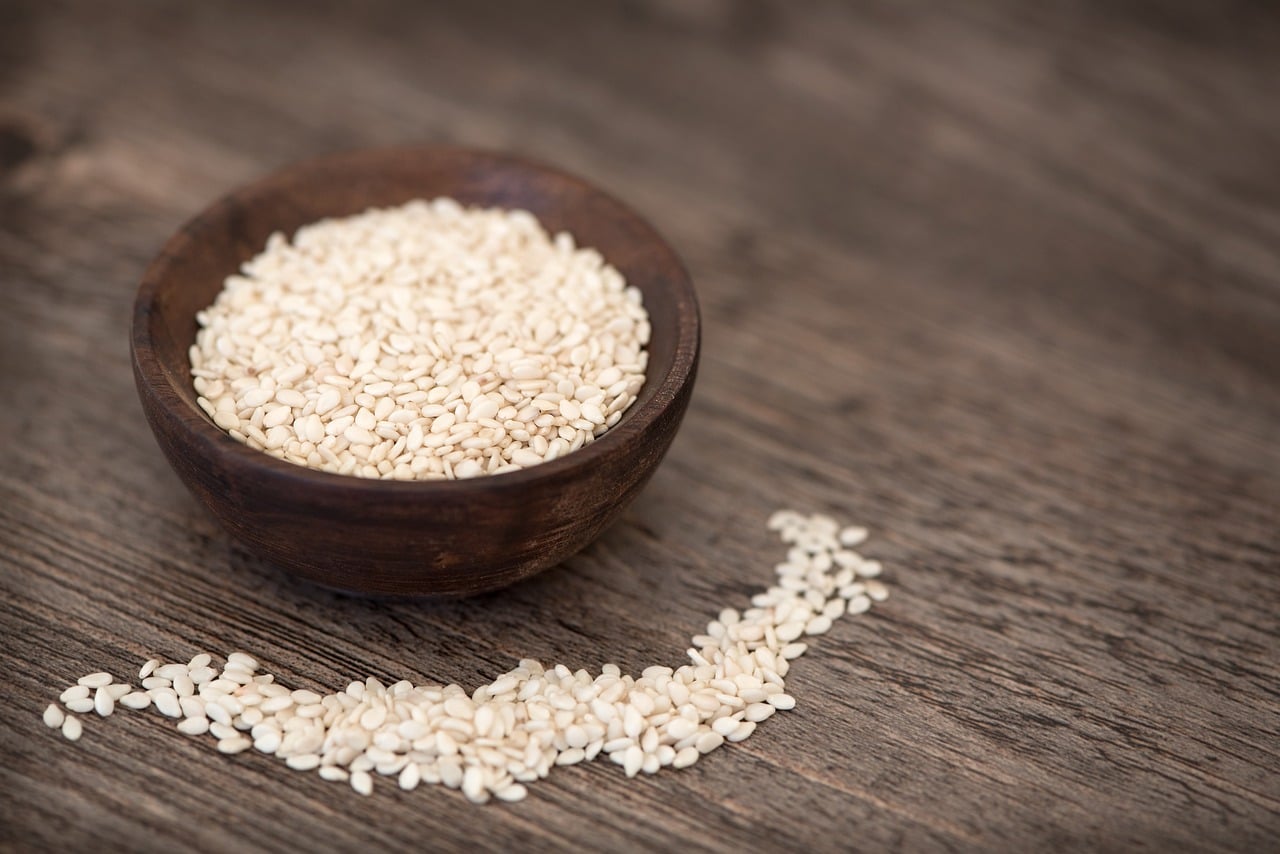
Sesame seeds are also on our list of types of edible seeds. This nutty and somewhat sweet-tasting seed is perhaps best known to you as the main component in tahini, or perhaps your morning bagel comes to mind.
We learn from Wilson that, interestingly, “Sesame seeds are one of the best dietary sources of lignans—molecules that have antioxidant and anti-inflammatory effects—and may reduce inflammation and oxidative stress.”
Sesame seeds can be used in various nutritious ways, such as adding them to a veggie stir-fry or on top of a slice of avocado toast.
Of course, you can use this information to excuse that bagel and cream cheese you yearn for.
3. Sunflower Seeds
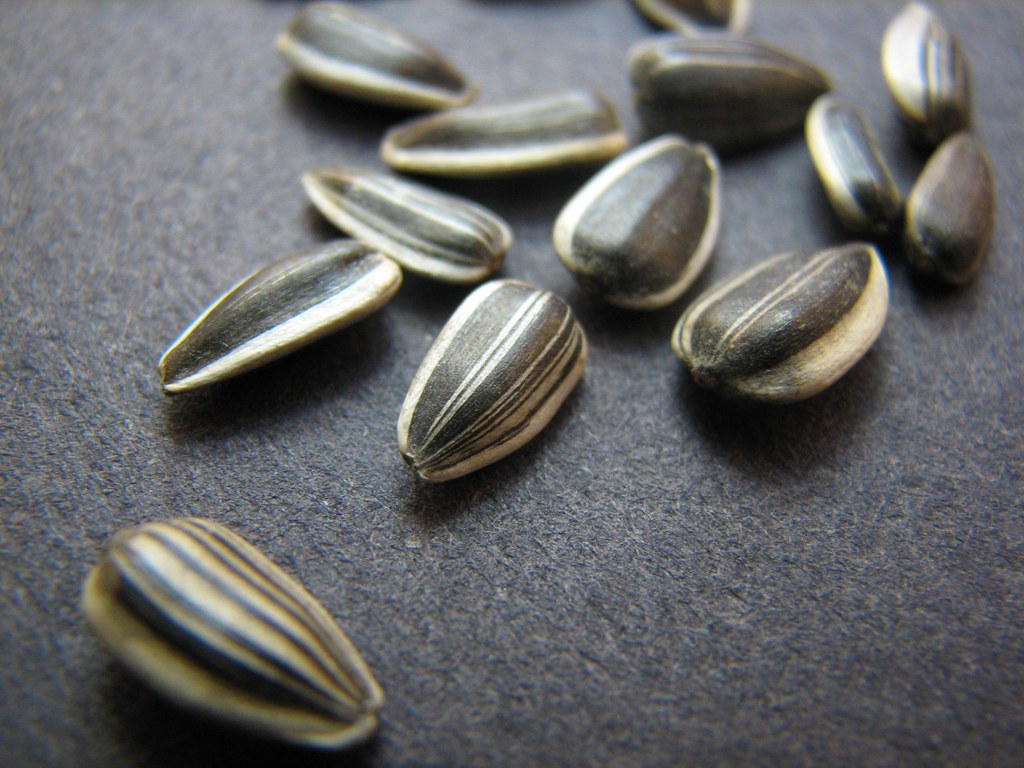
It’s possible that you used to eat these seeds as a youngster, and it turns out you were on to something.
According to Wilson, Sunflower seeds are “rich in monounsaturated fats, Vitamin E, and protein,” it has been demonstrated that consuming them a few times per week reduces inflammation.
These types of edible seeds can be consumed as sunflower butter as an alternative to peanut butter or by the handful as a nutritious on-the-go snack.
Wilson advises consumers to study the nutritional label carefully and to stick to butter and sunflower seeds that are low in salt and sugar, respectively.
4. Hemp Seeds
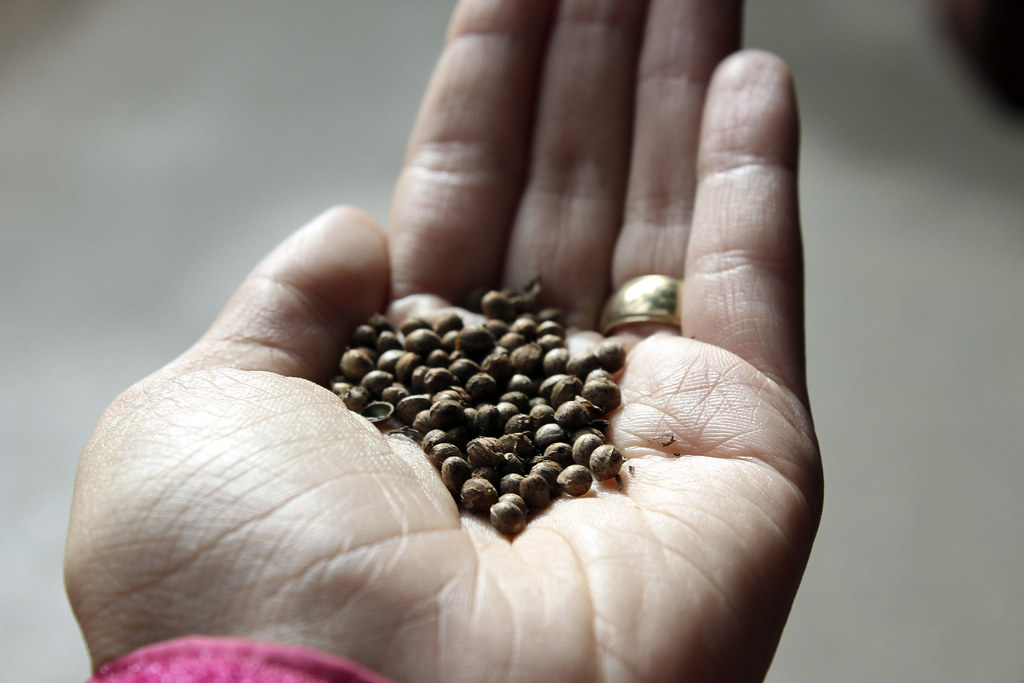
You can forgo the Baja hoodie, but hemp seeds shouldn’t be disregarded under any circumstances.
These comparatively large and delightfully crunchy hemp plant seeds are “a complete protein source, meaning they contain all the essential amino acids that your body is unable to make,” according to Wilson.
These types of edible seeds taste well in rice, salads, and many veggie recipes.
If you opt to use hemp seed oil, you may also take advantage of a variety of scientifically proven health advantages, including better skin and heart health.
5. Pomegranate Seeds
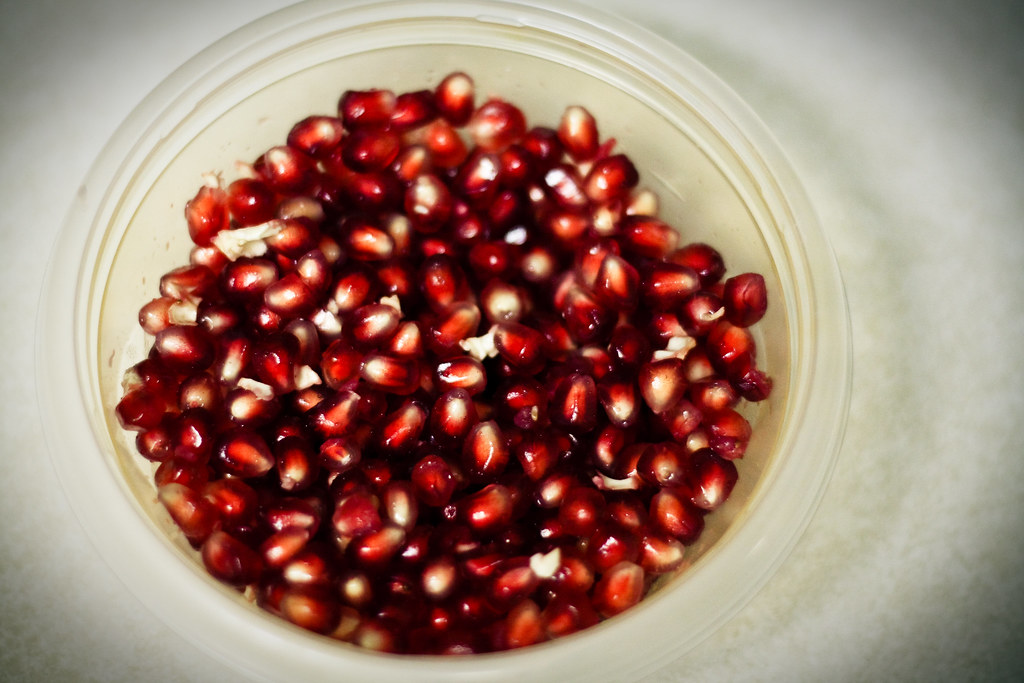
Like pumpkin seeds, “pomegranate helps regulate oxalates, calcium, and phosphates in the blood, all of which play a role in preventing kidney stones,” states Wilson.
A single (12 cup) dose of pomegranate seeds also provides 40% of your daily needs for Vitamin C and a ton of polyphenols, which are powerful antioxidants that help prevent cell damage and lower the risk of cardiovascular disease.
The best part is that these seductive edible seeds are juicy, tangy, and perfect for salads and snacks.
6. Quinoa

Quinoa is frequently substituted for rice so that you could think of it as a grain, but it’s a highly healthy seed.
Amino acids, Vitamin E, and antioxidants in quinoa protect the heart and other organs from deterioration.
Additionally, it has a lot of dietary fiber, which is crucial for controlling blood sugar and cholesterol levels.
Wilson advises replacing your morning oatmeal with a bowl of this well-liked seed for a cozy and warming breakfast.
7. Pine Nuts
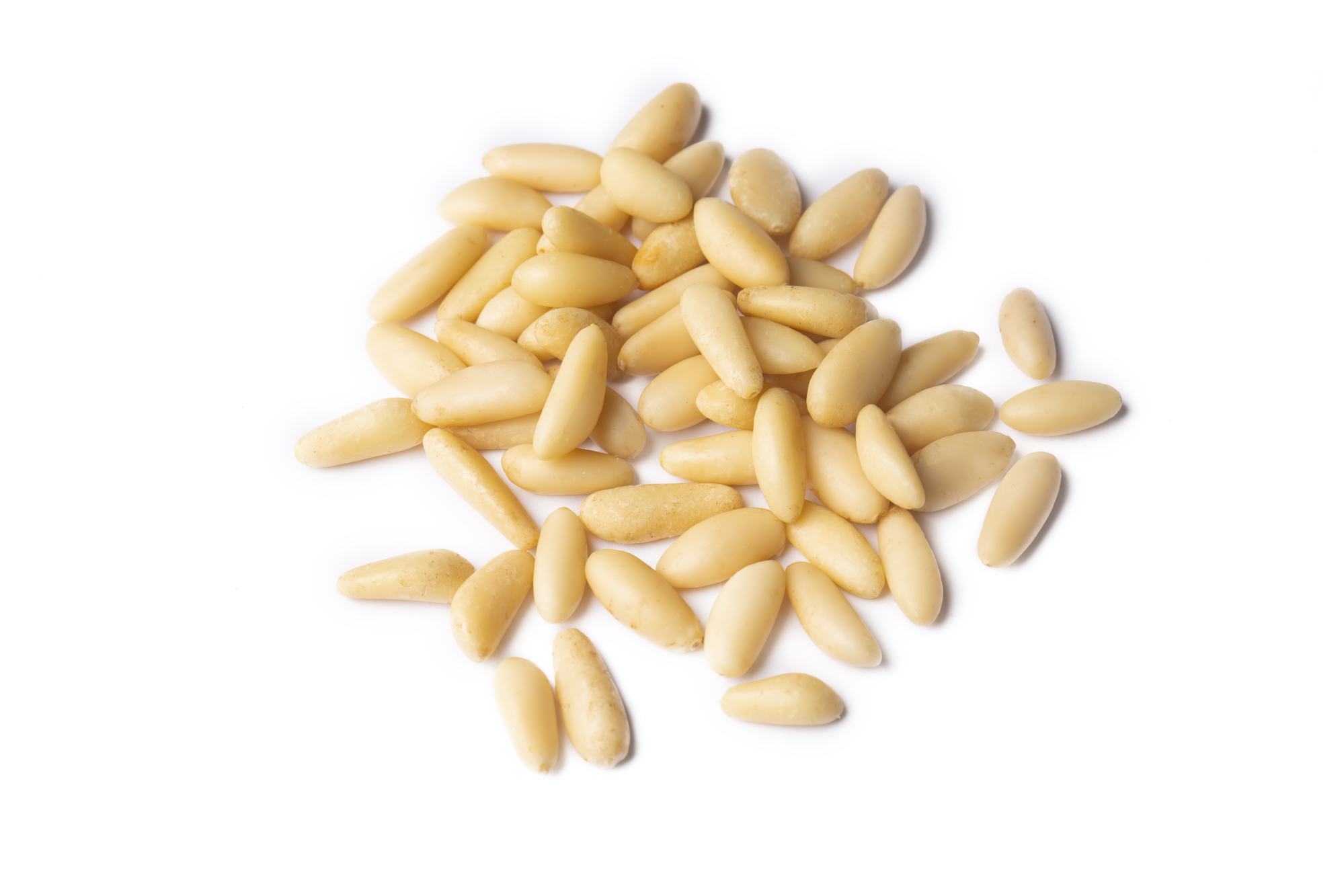
Don’t be misled by the name; in reality, pine nuts are the types of edible seeds that some kinds of pine trees produce.
A healthy serving of vitamin A, amino acids, thiamin, riboflavin, niacin, vitamin E, copper, iron, manganese, and phosphorus are among the nutrients they have in abundance. (Now repeat that quickly ten times.)
Bonus: You can add these crispy, buttery seeds to salads, vegetable sides, pasta meals, and more since they are rich in heart-healthy monounsaturated fats. (Pro tip: To bring out the maximum taste potential of pine nuts, toast them before using them in any dish.)
8. Poppy Seeds
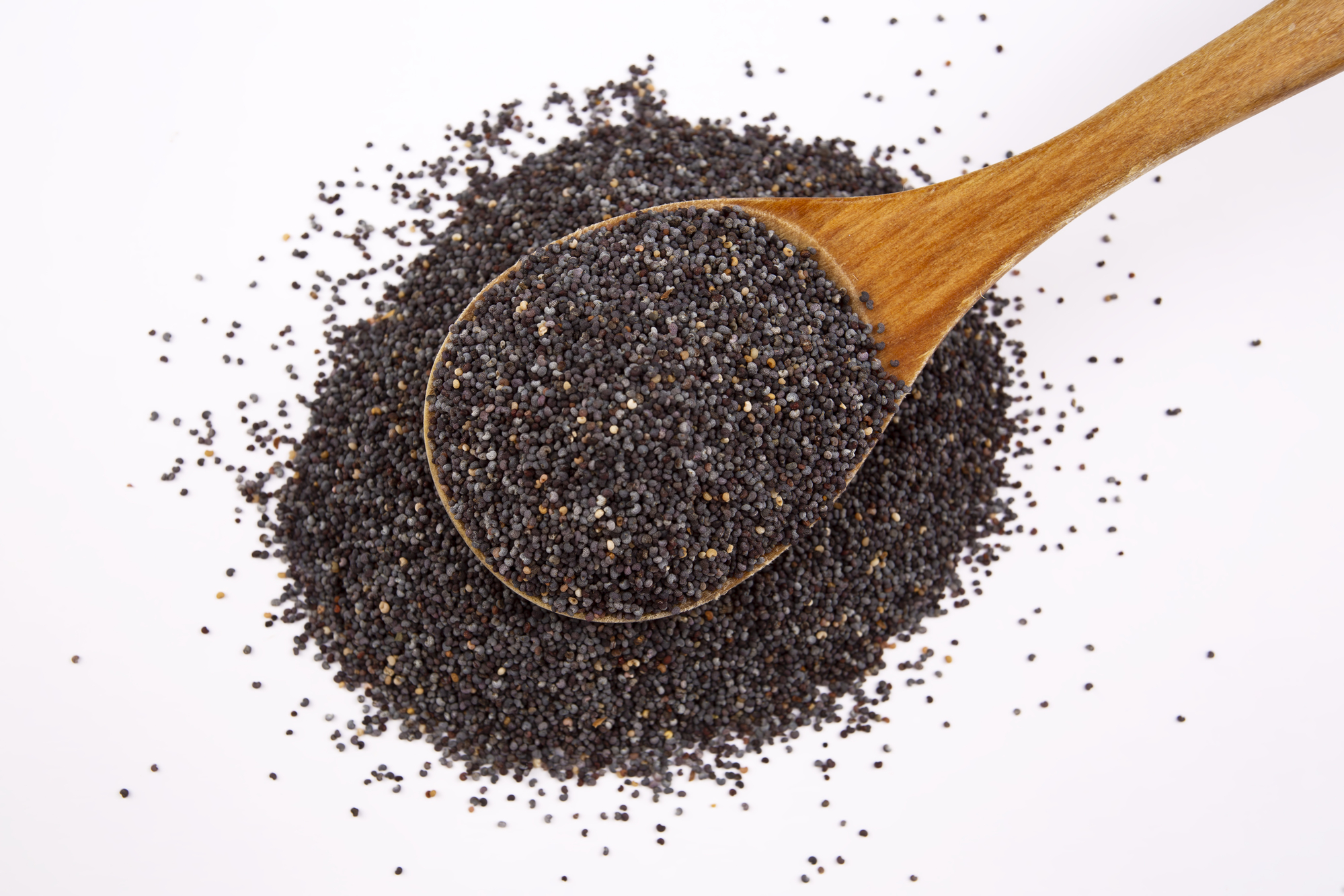
Another mainstay of the neighborhood bagel business, Poppy Seeds Here, offers a respectable dose of B vitamins.
You may be wondering what this means. ACCORDING TO WILSON, the B vitamins included in poppy seeds “play an important role in brain function…aid digestion, moisturize the skin, and support bone health.” (Not bad at all, right?)
These edible seeds are also so tiny that their flavor will probably pass unnoticed in just about anything.
You can use them in everything from savory salad dressings to sweet baked goods like lemon poppy bread.
If you pick up some Everything, But the Bagel seasoning blend at Trader Joe’s, you can use them in just about any other savory dish.
9. Cumin Seeds
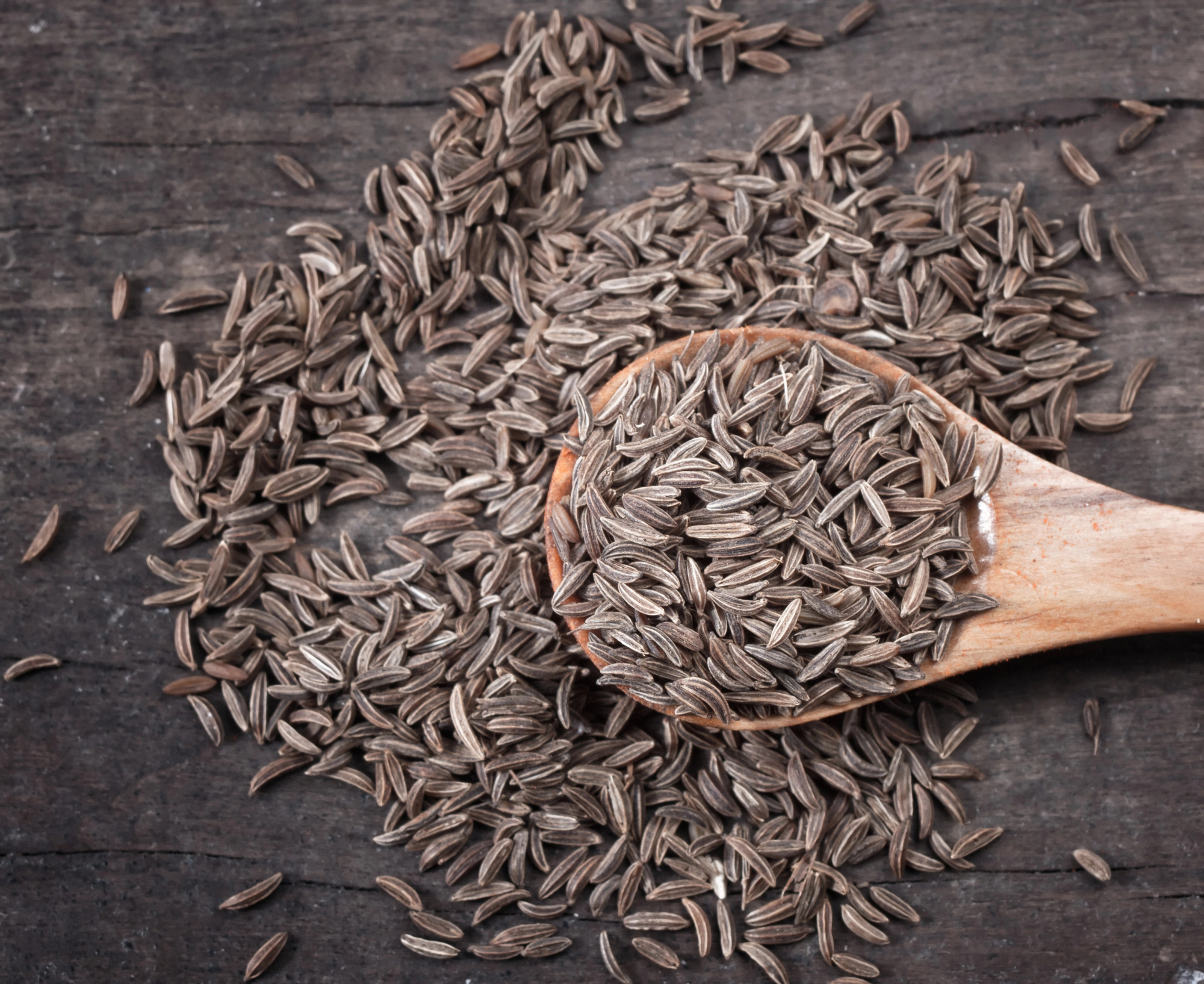
It is known as cumin when pounded into a fine powder, but whole caraway seeds are also used in various foods, such as sausages, cheeses, and sauerkraut.
In accordance with Wilson, caraway has long been regarded for its health advantages, particularly due to its abundance in iron, vitamin A, magnesium, potassium, calcium, and folate, as well as its ability to treat digestive problems like heartburn and gas.
10. Pumpkin Seeds

Pepitas, another name for pumpkin seeds, are common seeds with a clear historical background.
They also include significant amounts of monounsaturated and omega-6 fats, which are particularly good for the bladder and urinary system.
Indeed, Wilson points out that studies, such as this one from 1987 published in the American Journal of Clinical Nutrition, demonstrate that pumpkin seeds can lower the risk of kidney and bladder stones and may even help postmenopausal women’s complaints of an overactive bladder.
Even better: When roasted and seasoned with olive oil, salt, and turmeric, they taste absolutely amazing as a topping or standalone snack.
11. Chia Seeds

These types of edible seeds have a remarkable 10 grams of nutritional fiber in only two tablespoons.
Furthermore, according to Wilson, chia seeds can “increase ALA in the blood, which is an omega-3 fatty acid that can help reduce inflammation” because they are rich in beneficial Omega-3 fats.
Another interesting feature about chia seeds is that they can absorb up to 10 times as much water as they are given, so adding just a modest amount—one ounce—to yogurt can help you feel fuller for longer.
Conclusion
Seeds are a fantastic source of protein, making them a simple way to boost your energy levels, particularly if you’re a vegetarian or vegan who needs animal alternatives.
They are excellent for trekking because they are convenient to carry as a snack. We believe you will give these types of edible seeds a try of taste.
Many overlook that some edible seeds can be eaten and only view seeds as things to plant to grow other things.
Although they may not appear to be doing much in your smoothie or salad bowl, seeds are really nutritious.
Many contain fiber and omega-3 to support heart and intestinal health, respectively.

